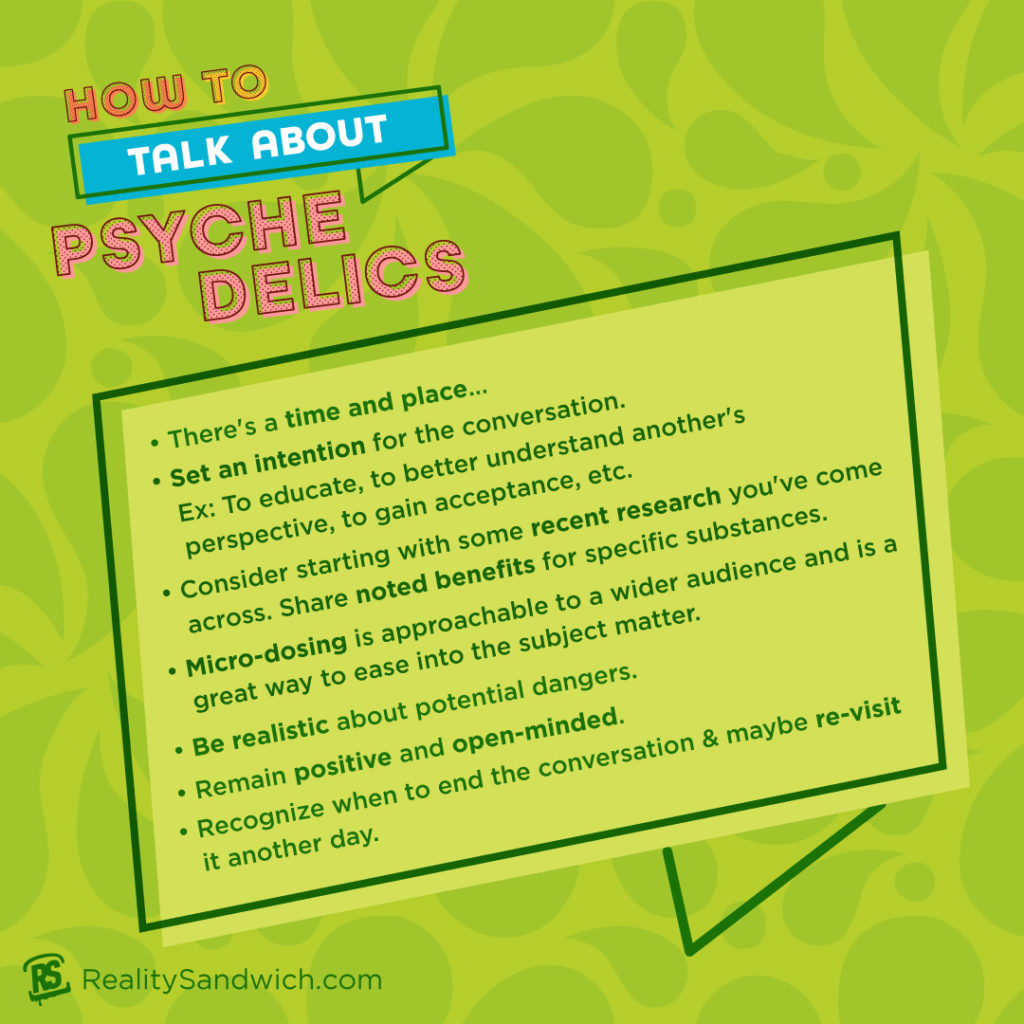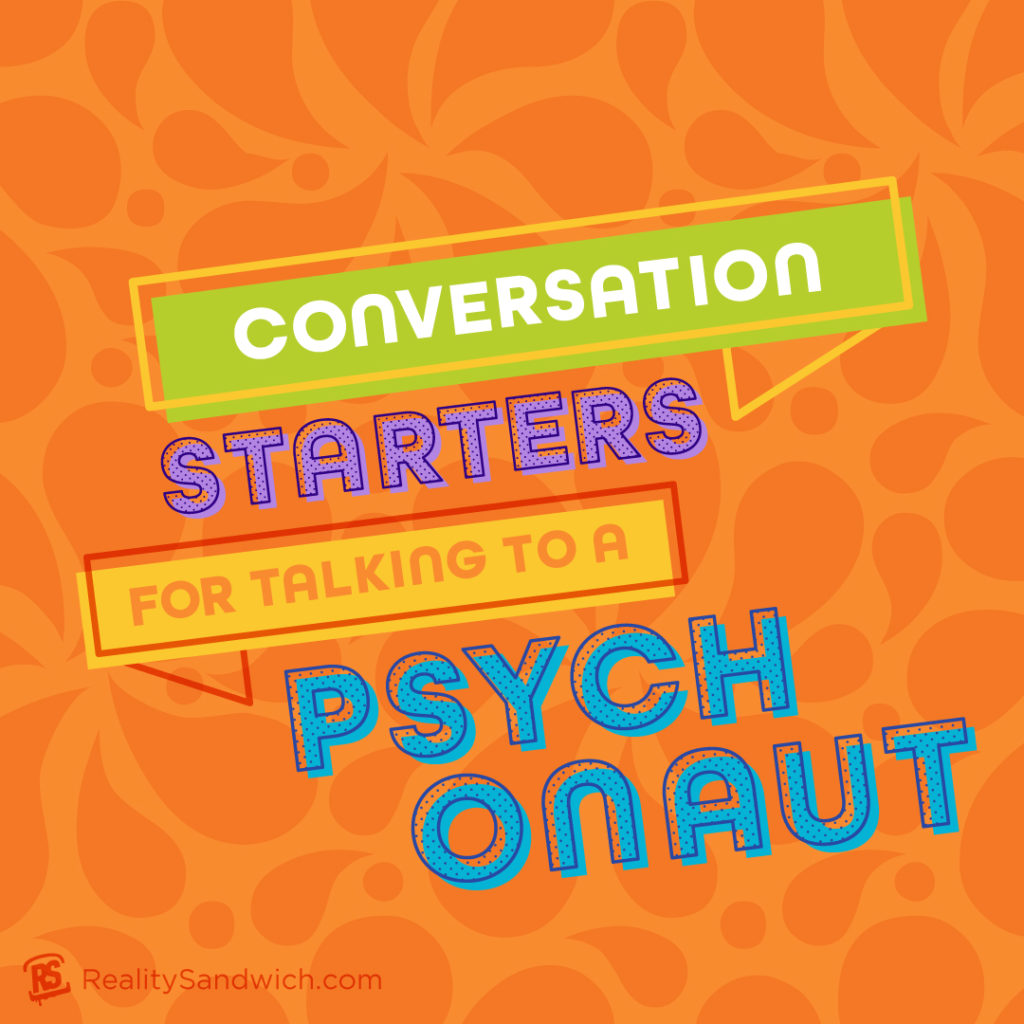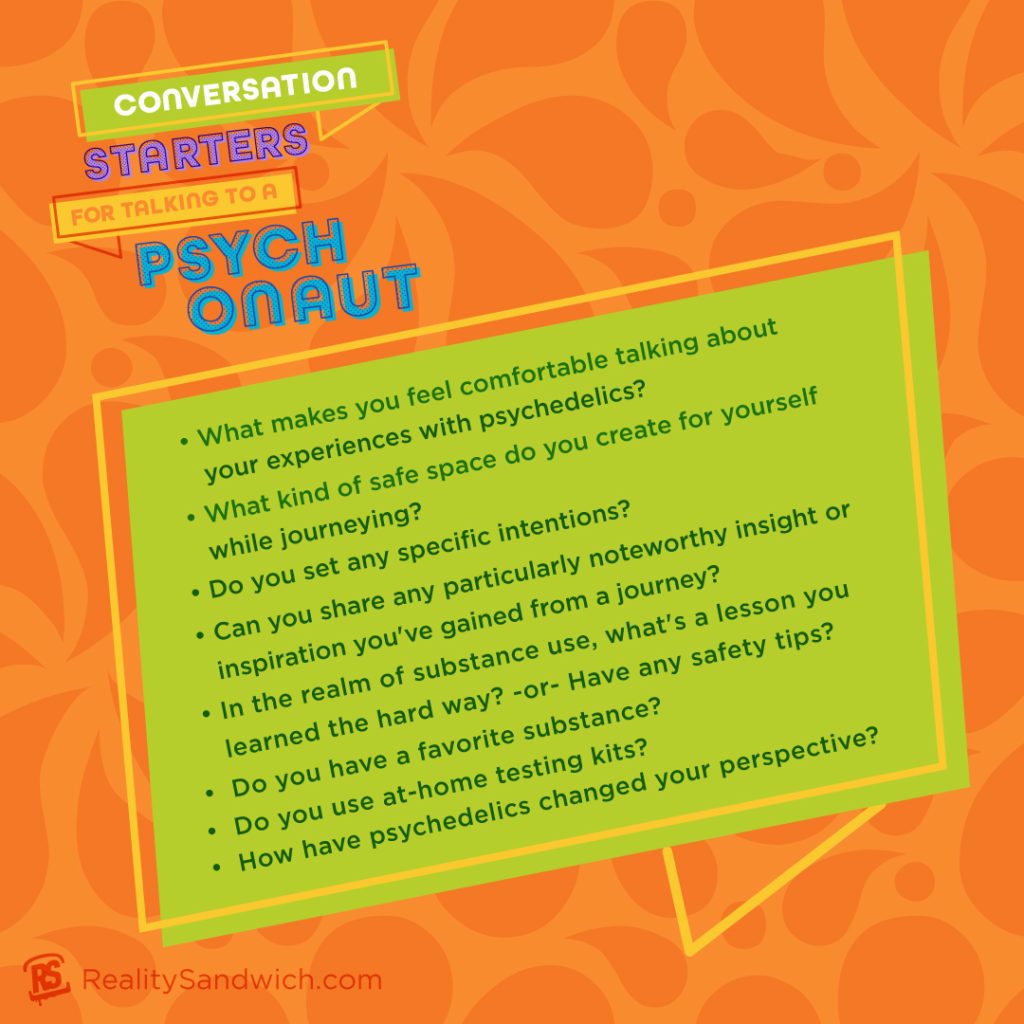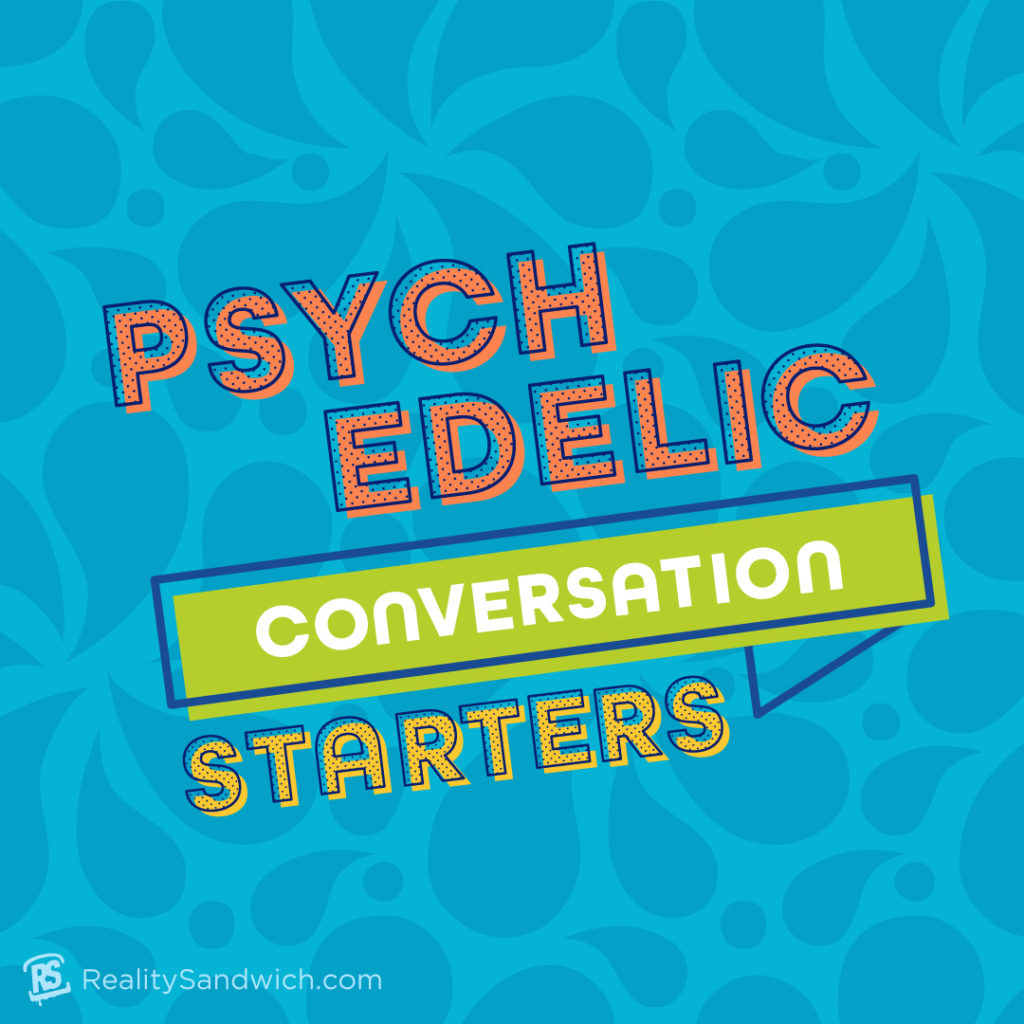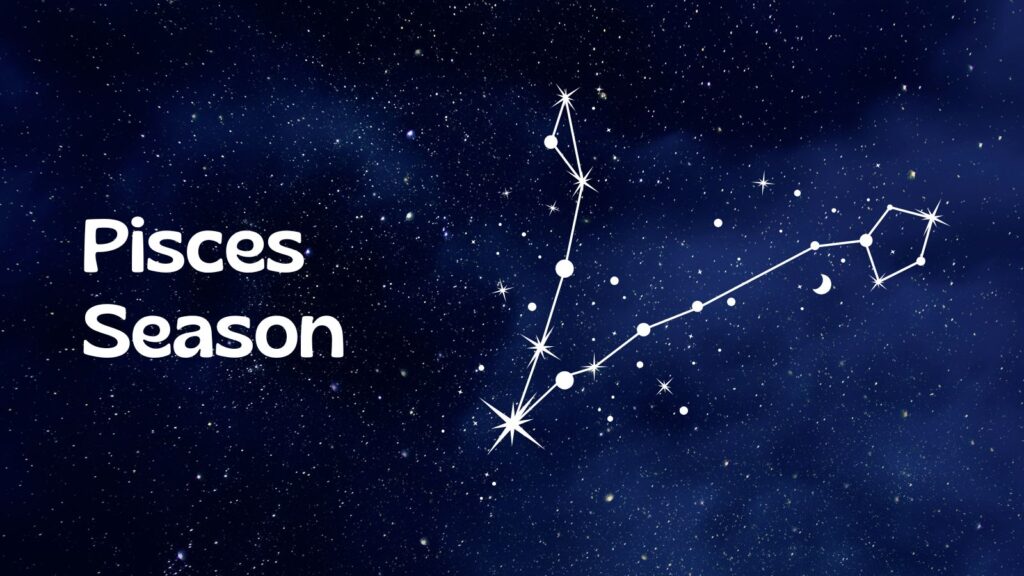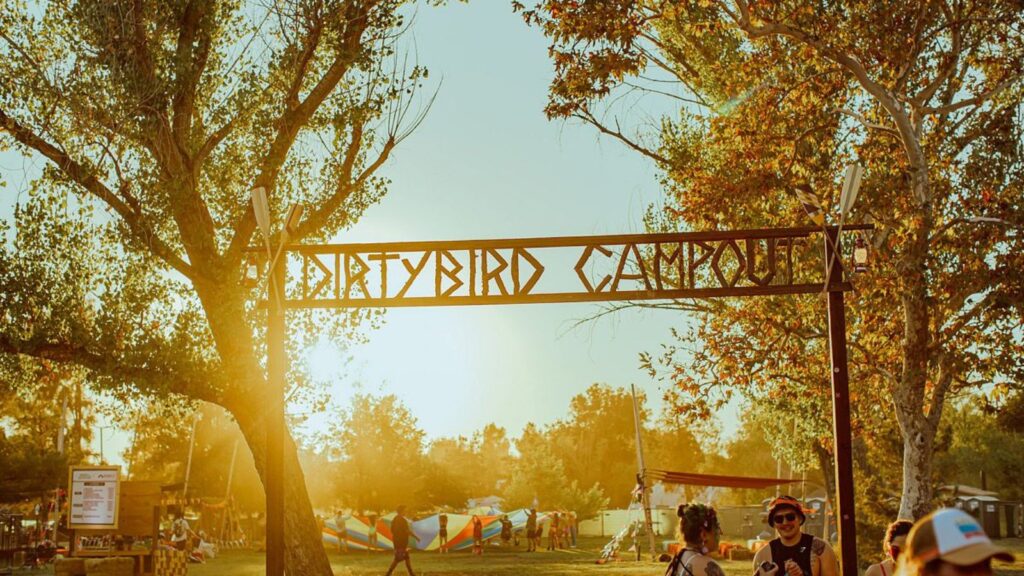Psychedelics are potent tools for self-transformation, personal insight and growth. Despite being amidst a psychedelic renaissance where their use has become chic in many places, psychedelic use is still considered taboo in society — a fact unfortunately backed by unscientific federal scheduling laws. Thankfully, destigmatization efforts in recent years have opened up points of contact in society, helping to bridge the gap between psychedelic researchers and psychonauts on one side and the general public on the other.
Given how important open and honest dialogue is to the psychedelic community, it’s a good idea to consider how best to approach crucial conversations on psychedelics with those who are not as informed. This is a guide on how to best talk about psychedelics, apt for the newcomer to the psychedelic space and the experienced psychonaut.
What Are Psychedelics?
Literally meaning “mind-manifesting”, psychedelics are visionary substances capable of producing extraordinary insights and profound changes in perception and emotion. Psychedelics are known by many names, including entheogens and hallucinogens. Entheogen means ‘generating the divine within’, highlighting their ability to facilitate experiences of divine unity. Indeed, it also sheds light on their historical use, as plant-based psychedelics have been utilized for thousands of years by humans in ceremonial and religious contexts as sacraments and divinatory tools.
Today, psychedelics are used in a variety of settings depending on one’s intents and purposes. Recreationally, they are commonly consumed at home, in nature or group settings at festivals and raves. For therapeutic purposes and psycho-spiritual exploration, they are commonly consumed in the comfort of one’s own home, in neo-shamanistic environments and increasingly, in controlled clinical settings.
Most psychedelics exert their effects by interacting with the serotonin system in the brain, primarily by binding to 5-HT2A receptors. The most well-known of these classical psychedelics include psilocybin, LSD, DMT and mescaline. Other common psychedelics, such as ketamine, MDMA, ibogaine and salvia, exert their varying psychedelic effects through different mechanisms of action.
Psychedelics as a Wellness Topic
Although psychedelics are on track to revolutionize mental health treatment for those with mental health disorders, they’re increasingly being used for the betterment of well people. On this front, initial media attention focused on Silicon Valley tech circles and biohackers looking to optimize insight and productivity. However, psychedelic use in furtherance of improving oneself transcends all professions and demographics.
Sub-perceptual microdosing is perhaps the least studied practice in the psychedelic field. However, anecdotal and preliminary evidence is promising with wide-ranging benefits such as enhanced mood, creativity, productivity and insight. For run-of-the-mill anxiety and depression in healthy minds, psychedelics can offer a mental and emotional reboot. Accumulating evidence suggests that they can help the brain form new neural pathways, facilitating insight and freeing people from ruminative thought patterns and destructive habits.
Additionally, macro doses of psychedelics can connect users with non-ordinary realms of consciousness that can serve as an antidote to the sense of isolation and meaninglessness generated by living in a state of disconnection that’s so common in modern society. Psychedelics are powerful tools for self-exploration and self-actualization purposes, allowing spiritually-serious investigations of consciousness and its unconscious contents.
All in all, psychedelics, when used responsibly, can help catalyze a life more aligned with aspirations for psychological and spiritual wellness.
Identify Why You Started Dabbling in Psychedelics
Before starting a conversation around psychedelics, consider what motivates personal use and the benefits you’ve received from them. Having a good understanding of the reasons you use psychedelics can go a long way towards a productive conversation. With carefully-considered reasoning backed by personal stories of how you’ve been affected by them, the other person will have a much better understanding of the important role psychedelics play in your life. With more thought and consideration, thinking of how to best talk about psychedelics gets easier.
What Do You Value About Psychedelics?
Consider reflecting on what you value about psychedelics and the psychedelic experience. How have psychedelics influenced your mood, self-perception, worldview, goals and overall well-being? All this can be of great help when considering how to best talk about psychedelics with a friend or family member.
For instance, do you value psychedelics for the mystical experience that they occasion and the values gleaned from those visceral experiences of the divine? It’s common to come away from such experiences with lasting life values such as the importance of love and relationships, gratitude, respect, humility, a moral responsibility towards caring for nature and a commitment to balance. Even bad trips, as challenging or even traumatic as they can be, can inform positive values such as a deep sense of compassion for the mentally ill.
Maybe you value psychedelics for their medicinal or therapeutic effects, such as treating mental health disorders at their core — a claim increasingly backed by psychedelic clinical trial findings. Or, do you like to trip for the recreational potential, such as the mood boost, visuals and music enhancement that can pair well with social gatherings like festivals?
Whatever your reasons for psychedelic journeying, clarifying your values in this way helps to get at the root of why you care to use them and what they mean to you. Then, you can clearly communicate this to who you are opening up to. Also, it has the added benefit of bringing clear intent to future psychedelic journeys where, as you’re well aware, mindset plays such a crucial role in the outcome. It may very well be that what you value about psychedelics has shifted over time, as the psychedelic experience itself informed new values that better align with your ideal self.
Is the Setting Right?
In our drug-wary culture, not all settings for psychedelic discussions are created equal. Whoever you come out to about your psychedelic use, it’s best if you choose a moment where open, truthful discussion can happen unimpeded.
First, consider the importance of context when coming out. An ideal setting is one that is private and where you can be sure everyone in the conversation can be fully engaged and attentive. For instance, if you’re looking to share your psychedelic use with your parents who seem open-minded enough to engage, a good setting may be after dinner or during a walk outside.
Bear in mind, context depending, there is legality, which can make your conversation potentially risky. For instance, it may be best to keep your microdosing practice to yourself at work, where some people may not react well to the idea of taking a Schedule I substance in a professional setting. The same goes for other conservative settings like church or school, where psychedelic conversation starters are likely to be met with a furrowed brow or worse.
Are You in a Good Place in Life?
It’s important that you feel you are in a good place before having any crucial conversations about your psychedelic use. If you feel comfortable, confident and responsible about your psychedelic practice, the conversation will flow from a place of love, passion and overall positivity. The overall goal is to avoid arguing and to meet fear and skepticism with love and reason.
On the other hand, if you’re in a period of upheaval, such as a stressful transition or troubles with the law, the conversation may not go very well. They may be more likely to impugn your psychedelic usage and may try to even falsely connect your challenges to your psychedelic use.
Along similar lines, it is probably not a good time to come out about your psychedelic use following the psychological fallout of a bad trip. Instead, this is when the self-care of integration and processing is still urgently needed, ideally with the help of a psychedelic-friendly loved one, therapist or guide.
Check Your Expectations
Before jumping into your conversation, be sure to calibrate your expectations. You might have high hopes of a productive and validating conversation only to feel let down or on the defense right out of the gate– so consider realistically how they might react to the topics you want to discuss. Many people from previous generations, for example, did not have the luxury and transparency of the internet to learn the things you know. Instead, they were conditioned by decades of psychedelic misinformation, which they might not have questioned.
When discussing psychedelics with your loved ones, be honest about how they might respond to your psychedelic use. Do you think they will react with fear, anger or confusion? Or are they generally aware of the psychedelic renaissance occurring and show open-mindedness, curiosity and support?
In the worst case, if you feel they may report it to authorities or disown you, it might be best to avoid the conversation altogether. Or, you can try educating them about the topic before bringing it up. You can warm them up to the realistic benefits and risks of psychedelic use with the myriad resources available, including videos, books, documentaries and articles. If that goes over well, you can start to add in small personal tidbits and then deeper personal stories of your psychedelic experiences when it feels right. Think of it is as a sort of psychedelic conversation exposure therapy.
When it comes to how to best talk about psychedelics outside of your inner circle, remember that we all inevitably have to play roles in society, and psychedelic discussions can, unfortunately, often be a square peg to the expectations within these roles. Conservative or professional settings, such as work, school, or church, may look scornfully at the discussion and will be more likely to invalidate your psychedelic use. Indeed, people’s attitudes in these environments may be much different than what you’re used to in settings with like-minded psychonauts. Don’t expect to have an open dialogue like you might see at psychedelic meetup groups and online discussion forums like Reddit or Shroomery.
Prepare for Potential Objections
Just like anything else controversial, not every psychedelic conversation will be met with curiosity, affirmation and support. Remember, this is untrodden ground for the other! From a wider perspective, objections are a gift that gives you the opportunity to clarify and strengthen your own stance on the subject. With that, let’s take a look at some ways to maximize the chances of the conversation going well.
Remain Calm and Positive
Remaining calm and positive is the best way to get your conversation off the ground and in productive territory. Part of being able to regulate your emotions is equal amounts of presence and preparation. If your conversational partner feels like you’re fully present and attuned to them, they are more likely to reciprocate and truly understand your points.
As for preparation, if you have a solid understanding of the benefits, uses and risks of psychedelics — in your life and in general — you will be better able to predict their questions and concerns and not answer reactively. If you’re in an environment where it’s clear you won’t be able to get through to them, even from an educational angle, drop or redirect the conversation. The important thing is to keep your cool and perhaps reengage the topics when the person listening has the emotional and/or mental bandwidth to listen.
Are You Ready to Talk About Psychedelics?
It’s important to emphasize that before coming out about your psychedelic use, reflect on how much you know about psychedelics before having the conversation. The field of psychedelic science and therapy is vast and growing wider every day, and thankfully, destigmatization efforts are increasing in tandem. Keeping up with the field will reflect in your well-crafted topics and in your answers to any potential questions or concerns.
Also, you can buttress your talking points with findings that have been borne out in a variety of psychedelic clinical trials. For example, your conversational partner may be happy to hear about how meaningful your trip was to your life but may have some doubts about how common it really is. It may add further depth for them to hear that most psychedelic study participants claim their psychedelic experience was among the top five most meaningful and spiritually significant experiences of their lives.
Agree to Disagree
Even if you heed the above points and the conversation still doesn’t go the way you hoped it would, sometimes it’s best to agree to disagree. It’s not your responsibility to convince everyone to adopt your beliefs, and you don’t have to justify yourself with something so deeply personal and meaningful to you. It’s important to remember that your wellbeing and health are what matters most. Your choice, on its own, should empower you enough to continue your journey should you choose to do so. Don’t become influenced by outside influences and opinions, when all the evidence you need is inside and/or increasingly quantified by the tools of science.
Lastly, one has to remember the limitations of language in this territory. It may be impossible to accurately communicate the profundity of the psychedelic experience to those who have never experienced them. Thankfully, there is a community of psychedelic-friendly folks and psychonauts who know the psychedelic map isn’t the territory and are always there to listen, including us at Reality Sandwich!
Start the Conversation
Do you feel ready to talk about psychedelics? Does the question ‘how to best talk about psychedelics’ suddenly seem less daunting? The main points below can act as your roadmap to a productive and loving conversation on psychedelics. We also list some ideas on how to start the conversation with those new to the psychedelic world and with fellow psychonauts.
How to Best Talk About Psychedelics
Here are some important key points to keep in mind:
- There is a time and a place for the conversation.
- Set an intention for the conversation.
- E.g. To educate, to better understand another’s perspective, to gain acceptance, etc.
- Consider starting with some recent research you’ve come across.
- Share noted benefits for specific substances.
- Microdosing is approachable to a wider audience and is a great way to ease into the subject matter.
- Be realistic about potential dangers.
- Remain positive and open-minded.
- Recognize when to end the conversation and maybe revisit it another day.
Psychedelic Conversation Starters
Not sure where to start? Perhaps these questions can get you there.
General Questions
- Do you have any experience with psychedelics?
- How do you feel about the recent progress with the decriminalization of psychedelic substances?
- What does ‘psychedelic’ mean to you?
Did You Know?
- Serotonin is structurally similar to LSD, psilocybin, ibogaine and DMT.
- Holocaust survivors were being treated with LSD before the term “PTSD” ever came into existence.
- Ketamine can be an incredibly effective treatment for anxiety, depression and PTSD.
- MDMA mimics what happens in the brain during the honeymoon phase of a relationship.
- A baby’s brain looks like an adult’s brain on LSD.
- Many psychedelic users have reported increased feelings of empathy or sympathy.
Conversation Starters for Talking to a Psychonaut
Understanding how to best talk about psychedelics and doing it isn’t always easy, especially if you’re talking to a more experienced user. These questions are a great way to start an open and honest conversation.
- What makes you feel comfortable talking about your experience with psychedelics?
- What kind of safe space do you create for yourself while journeying?
- Do you set any specific intentions?
- Can you share any particularly noteworthy insight or inspiration you’ve gained from a journey?
- In the realm of substance use, what’s a lesson you learned the hard way?
- Do you have any safety tips?
- Do you have a favorite substance?
- Do you use at-home testing kits? If not, please do.
- How have psychedelics changed your perspective?
Calling All Reality Sandwich Readers!
If you have any tips, tricks and conversation starters of your own, we would absolutely love to hear from you. We also want to hear your experience on how you first talked about psychedelics with your loved ones. Feel free to comment below or message us on Instagram, Facebook or Twitter.
Disclaimer: Some psychedelics are potentially categorized as an illegal drug. Reality Sandwich is not encouraging the use of these drugs where prohibited. However, we believe that providing information is imperative for the safety of those who choose to explore these substances. This guide is intended to give educational content and should in no way be viewed as medical recommendations.
RS Contributing Author: Dylan Beard
Dylan is a freelance science writer and editor based in the beautiful Pacific Northwest. After finishing his physics degree and dabbling in neuroscience research at UC Santa Barbara in 2017, he returned to his first love—writing. As a long-term fan of the human brain, he loves exploring the latest research on psychedelics, nootropics, psychology, consciousness, meditation, and more. When he’s not writing, you can probably find him on hiking trails around Oregon and Washington or listening to podcasts. Feel free to follow him on Insta @dylancb88.


